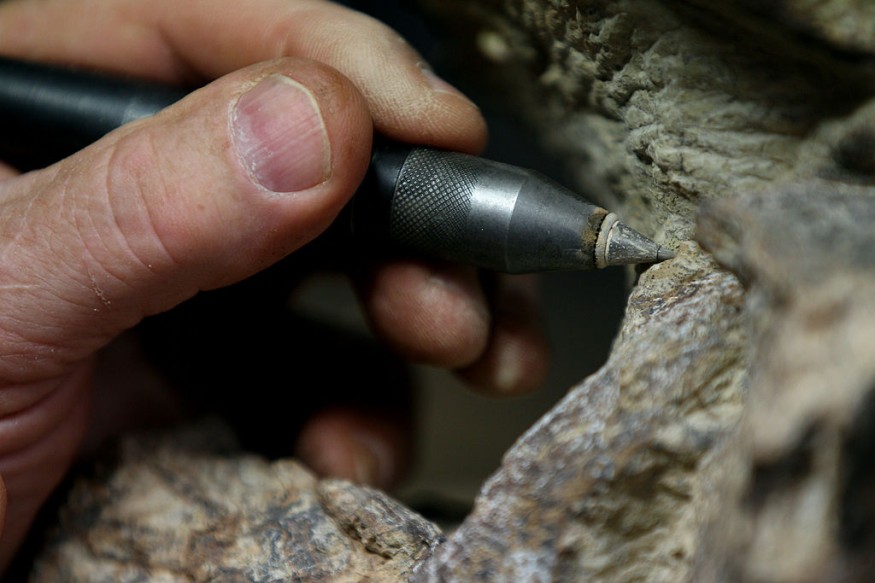
A recent study of fossilized dinosaur feces, known as coprolites, has revealed fascinating details about the environmental and ecological conditions that allowed dinosaurs to dominate the Earth over 200 million years ago.
The findings offer a rare glimpse into the diets and behaviors of early dinosaurs, filling a crucial gap in our understanding of their evolution.
Dinosaur Dung Reveals How Early Giants Adapted and Thrived
Scientists from Uppsala University, in collaboration with researchers from Norway, Poland, and Hungary, examined hundreds of coprolite samples using advanced imaging techniques, ScienceAlert said.
These methods allowed them to see the internal structures of the fossils and identify their contents, which included undigested food, plants, and prey. The samples date back to the Late Triassic period, about 230 to 200 million years ago.
The study focused on an area known as the Polish Basin, part of the supercontinent Pangea during that time.
This previously underexplored region provided a wealth of information about the ecosystems that existed when dinosaurs began their rise to dominance.
By combining the coprolite analysis with data from other fossils, such as bones, footprints, and bite marks, researchers reconstructed the food webs of the ancient world.
One of the most surprising discoveries came from the coprolites of herbivorous dinosaurs like the long-necked sauropods.
These samples contained tree ferns, various plants, and even charcoal. Scientists believe the dinosaurs ingested charcoal to detoxify their stomachs after consuming potentially toxic plants, much like some modern animals do today.
Fossil Clues Unlock the Secrets of Dinosaurs' Triassic Adaptability
According to Independent, other coprolites revealed bones crushed by predators, showing that some dinosaurs consumed not only flesh but also bone marrow, a behavior similar to that of modern hyenas.
This variety in diets highlights the adaptability of dinosaurs during a time of significant environmental changes.
The research also addresses a 30-million-year gap in knowledge about dinosaur evolution during the Late Triassic. While much is known about their lives and extinction, the early stages of their rise to dominance have remained a mystery.
This study provides evidence that dietary diversity and adaptability were key factors in their success.
By understanding how early dinosaurs thrived, scientists gain valuable insights into ancient ecosystems and how life adapts to changing conditions.
These lessons are relevant today, as modern species face challenges from climate change and habitat loss.
The study not only sheds light on the past but also reminds us of the resilience and ingenuity of life in the face of adversity, a trait that helped dinosaurs become the giants of their time.
© 2025 NatureWorldNews.com All rights reserved. Do not reproduce without permission.





